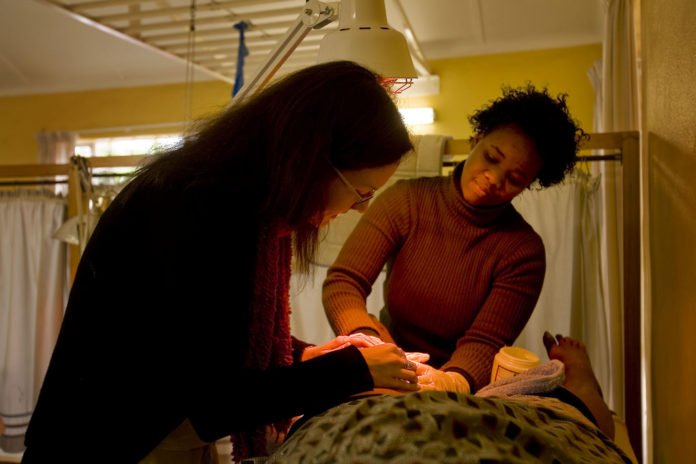Occupational therapy can improve the quality of life of young adults living with diabetes.
The University of Southern California-led research study showed that participants who completed the Resilient, Empowered, Active Living (REAL) with Diabetes program — an occupational therapy intervention focusing on the lifestyle-related activities, habits and goals of young adults who are managing their diabetes — significantly improved their average blood glucose levels, diabetes-related quality of life and habits for checking blood glucose.
According to the World Health Organisation, India had 69.2 million people living with diabetes (8.7%) as per the 2015 data. Of these, it remained undiagnosed in more than 36 million people. Worldwide, the number of people with type 2 diabetes has quadrupled over 35 years, rising from 108 million in 1980 to 422 million in 2014. This is expected to climb to 642 million by 2040.
Results of the randomized controlled trial led by Principal Investigator Elizabeth Pyatak, an assistant professor at the USC Mrs. T.H. Chan Division of Occupational Science and Occupational Therapy, were made available online ahead of print by Diabetes Care.
The publication is the first occupational therapy clinical trial to appear in any diabetes-focused literature or journal.
Pyatak and her colleagues aimed to rigorously test the effectiveness of the REAL Diabetes program, an activity-based intervention designed by Pyatak to address the needs of young adults from low socioeconomic status or racial/ethnic minority backgrounds who are diagnosed with type 1 or type 2 diabetes.
At the heart of REAL Diabetes is a manual which guides the occupational therapist and participant together through seven modules that each include suggested goals, activities supporting those goals and relevant educational materials and resources. The module topics are: assessment and goal-setting; living with diabetes; access and advocacy; activity and health; social support; emotions and well-being; and long-term diagnosis and low-socioeconomic status.
